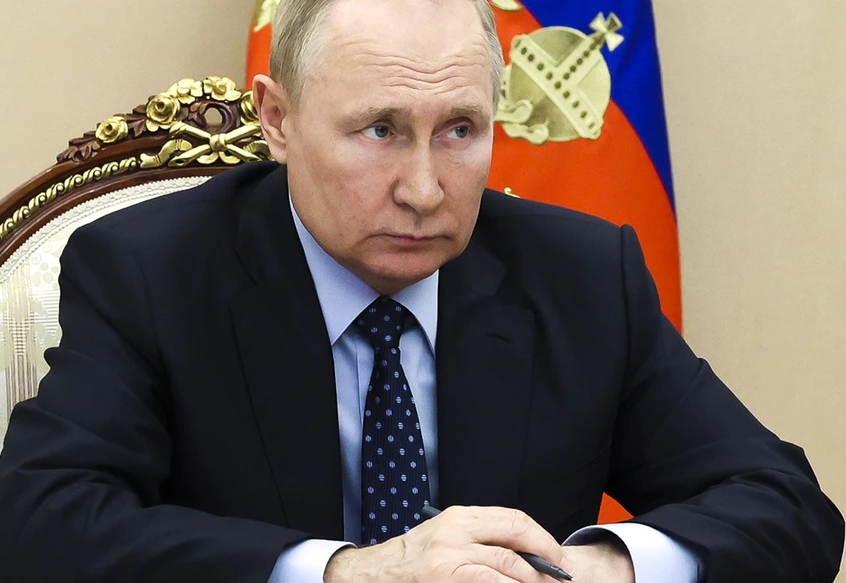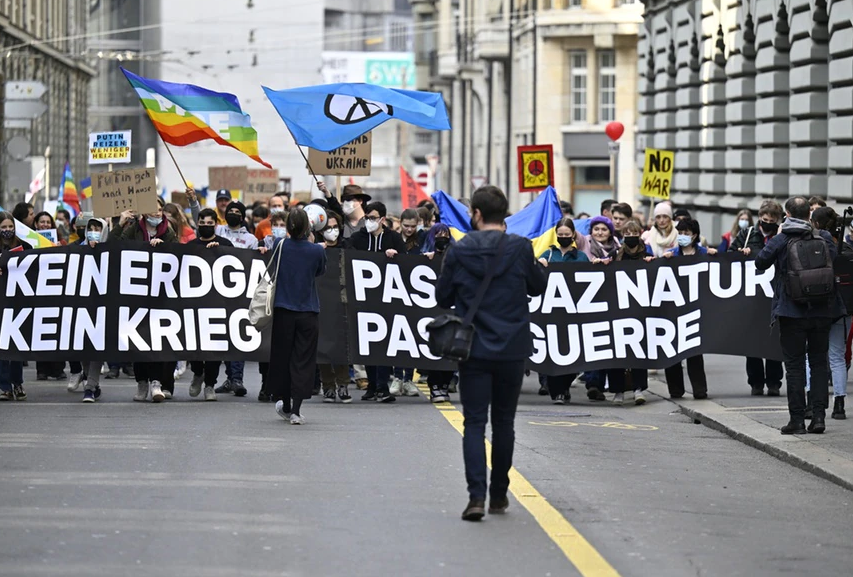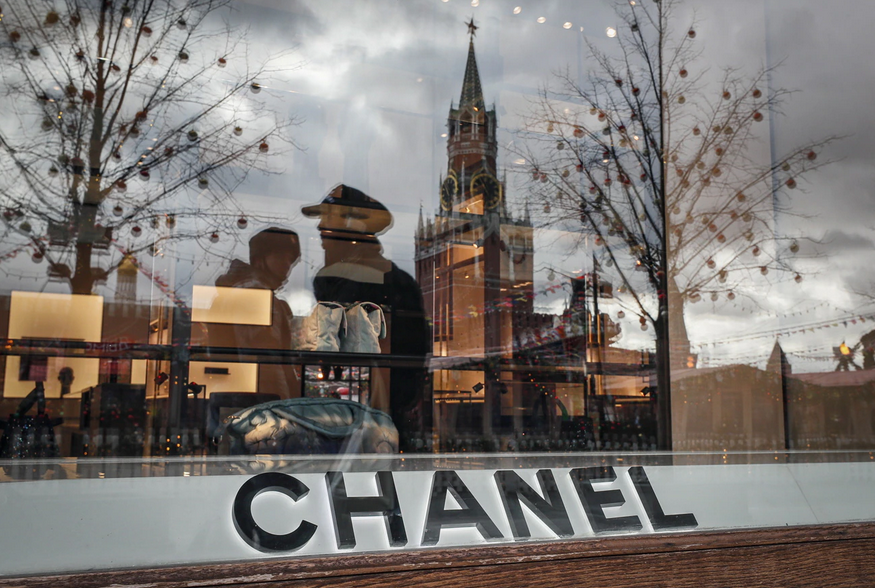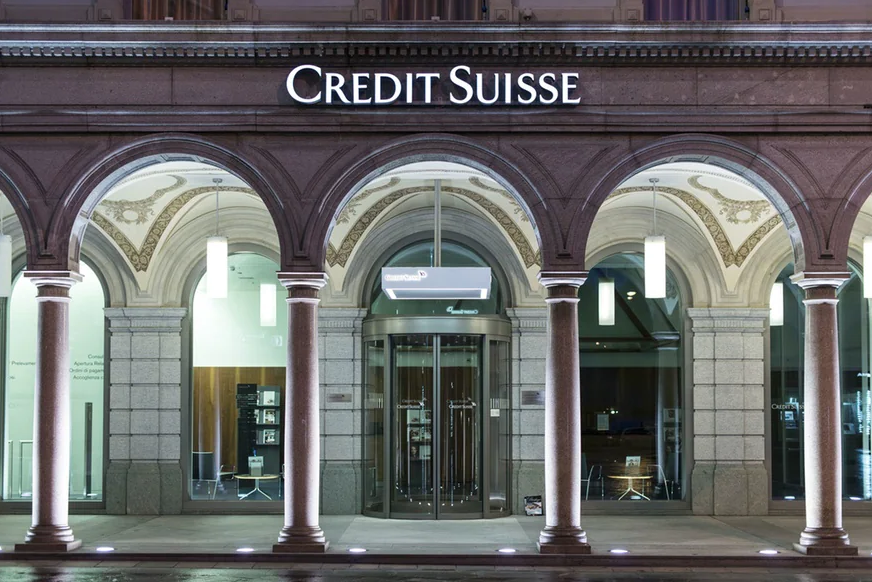Since the start of the Ukraine war, Russia has clamped down on critical media and opposition inside the country. Sputnik Russia has threatened Swiss newspaper Neue Zürcher Zeitung with legal action after it published critical reports and a caricature of Russian President Vladimir Putin. In a letter to NZZ editor Eric Gujer published on Saturday on the Russian Embassy in Switzerland’s press service website, it said it was “outraged” by publication of an “insulting caricature of the President of the Russian Federation” and reserved the right to take legal action for defamation and slander. “We believe that freedom of expression is in no way compatible with the freedom to disseminate insults and fakes,” the Russian embassy wrote. The reason is reportedly an article
Topics:
Swissinfo considers the following as important: 3.) Swissinfo Business and Economy, 3) Swiss Markets and News, Featured, Latest News, newsletter
This could be interesting, too:
Nachrichten Ticker - www.finanzen.ch writes Die Performance der Kryptowährungen in KW 9: Das hat sich bei Bitcoin, Ether & Co. getan
Nachrichten Ticker - www.finanzen.ch writes Wer verbirgt sich hinter der Ethereum-Technologie?
Martin Hartmann writes Eine Analyse nach den Lehren von Milton Friedman
Marc Chandler writes March 2025 Monthly

Since the start of the Ukraine war, Russia has clamped down on critical media and opposition inside the country. Sputnik
Russia has threatened Swiss newspaper Neue Zürcher Zeitung with legal action after it published critical reports and a caricature of Russian President Vladimir Putin.
In a letter to NZZ editor Eric Gujer published on Saturday on the Russian Embassy in Switzerland’s press service website, it said it was “outraged” by publication of an “insulting caricature of the President of the Russian Federation” and reserved the right to take legal action for defamation and slander.
“We believe that freedom of expression is in no way compatible with the freedom to disseminate insults and fakes,” the Russian embassy wrote.
The reason is reportedly an article in the NZZ edition of July 9 entitled “Superheroes and villains show their clout on the Internet”, in which the paper looked at the propaganda war on social media by both sides that has been part of the Ukraine war on the ground. The article was accompanied by a photo of Putin with a red clown nose and rainbow streaks on his face that had originally been published on Twitter.
Swiss newspaper NZZ has not so far issued any comment.
Since sending troops to Ukraine, Russia has been taking unprecedented domestic action against the media and opposition. The country has declared several organisations “undesirable” and described them as a “threat”. If foreign organisations, foundations or companies are deemed “undesirable”, Russians with links to such organisations face heavy fines or prison sentences of up to six years.
Tags: Featured,Latest news,newsletter








